'Here & Now' Highlights: Sen. LaTonya Johnson, Dr. Jasmine Zapata, Laura Sauve, Jenny Higgins
Here's what guests on the May 20, 2022 episode had to say about Milwaukee gun violence, baby formula shortages, rising COVID-19 numbers and a survey of physicians about abortion.
By Frederica Freyberg | Here & Now
May 23, 2022
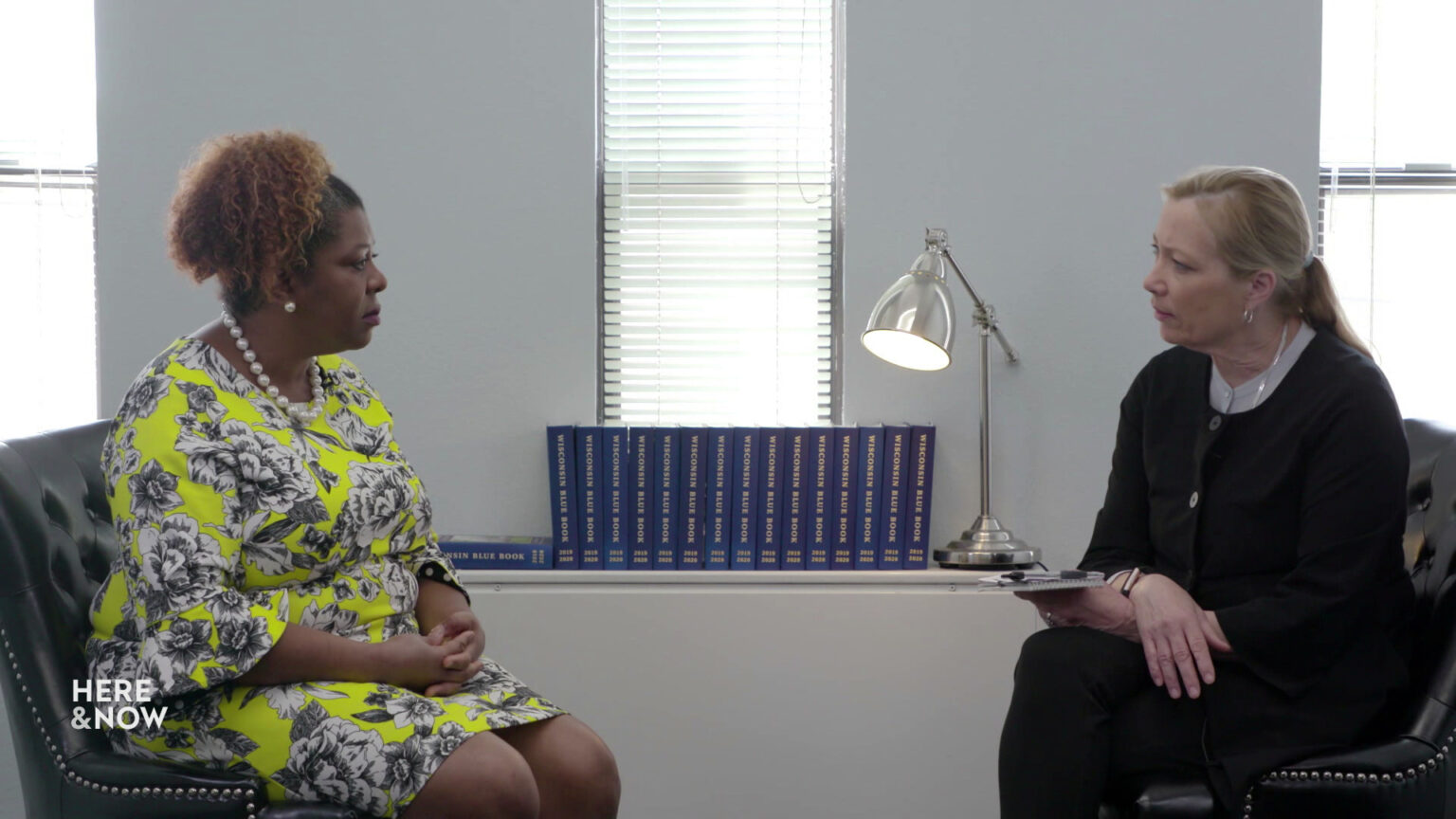
Frederica Freyberg and state Sen. LaTonya Johnson, D-Milwaukee. (Credit: PBS Wisconsin)
Democratic State Senator LaTonya Johnson of Milwaukee said gun violence in the city is “out of control,” and she’s worried about what may happen in summer months. Wisconsin’s chief medical officer and state epidemiologist for community health, Dr. Jasmine Zapata, said shortages of baby formula are hoped to be resolved quickly, but in the meantime it’s a scary situation. COVID-19 cases are rising again across Wisconsin, including in Barron County, where the health officer deeply feels the setback. A UW-Madison professor of obstetrics and gynecology and of women’s studies and gender, shared findings from a survey of doctors about their perspectives on abotion.
State Sen. LaTonya Johnson
(D) Milwaukee
- Democratic State Sen. LaTonya Johnson responded to a series of shootings in Milwaukee on May 13 and said the city needs help to stem the violence. On that Friday night, there were three separate shootings near the Deer District following a Bucks game that culminated in a mass shooting leaving a total of 21 people injured. She shared her reaction to the incident.
- Johnson: “I was saddened. I was angry, frustrated because it didn’t have to get to this point. We know in the city of Milwaukee there are just too many guns and we need to close the gun loopholes to try and get some of these guns off the street. The reason why I was frustrated is because every year this becomes a topic, especially for elected officials who represent Milwaukee. And we can never get help, never get help. But, you know, once it hits the Deer District, then it becomes an issue of concern during campaign time. And this is an issue of concern every single day for the people who live here.”
Dr. Jasmine Zapata
Chief medical officer and state epidemiologist for community health, Wisconsin Dept. of Health Services
- The chief medical officer and state epidemiologist for community health in Wisconsin described a shortage of baby formulas as a “very critical situation.” Dr. Jasmine Zapata said federal efforts to relieve the shortage, caused by supply chain problems and the closure of one of the main manufacturing plants of formula, should start to help address the problem – but there is no known date for when that would happen. Zapata responded to what parents or caregivers should do if they cannot find formula to feed their babies.
- Zapata: “If the shelves are bare, there’s a lot of different things that you can do. You can go online. So, retailers that you trust – reputable online sources. There have been families who have found success with that. Also, going to local charities and local food banks – they have been helpful. Also contacting your local WIC office. They have been helpful with helping direct people to resources. Additionally, if you’re in a situation where you haven’t been able to feed your baby and it’s a dire situation, call your health care provider because your health care provider can help guide you through some things that you can do – some options in emergency situations. So talk to your baby’s health care provider if you are completely out and they might be able to help as well.”
Laura Sauve
Health officer, Barron County
- Barron County is one of at least 18 counties statewide in a high transmission category for COVID-19. Wisconsin health officials report the number of positive cases have risen more than 50% in the past few weeks, and overall numbers are likely vastly undercounted because many people are getting results from at-home tests that are not recorded with public health offices. Sauve described the pandemic roller-coaster.
- Sauve: “The amount of hope we had in early 2021 when the new vaccines were coming out and we were so hopeful that we were going to see the end of this through vaccination efforts. I think it’s been soul crushing, to be honest, that that didn’t come about. However, the people who are getting vaccinated and some of those people who have had previous infections are not getting as serious of infections this time around. So we still encourage people to get vaccinated.”
Jenny Higgins
Professor, UW-Madison Department of Gender and Women’s Studies and Department of Obstetrics and Gynecology
- The Collaborative for Reproductive Equity at UW-Madison conducted a survey to find out how physicians view abortion. The results take on heightened interest in light of the U.S. Supreme Court draft opinion reversing Roe v. Wade. Higgins is the director of the group.
- Higgins: “We found overwhelmingly that physicians not only are supportive of abortion, but that they think that women’s health in Wisconsin will get worse if Roe v. Wade is overturned. So, 91% of over 900 physicians we surveyed said that women’s health in our state would get worse if abortion were to become illegal. Over 90% of physicians also expressed at least some level of concern about legislative interference in the doctor patient relationship.”
Watch new episodes of Here & Now at 7:30 p.m. on Fridays.
 Passport
Passport





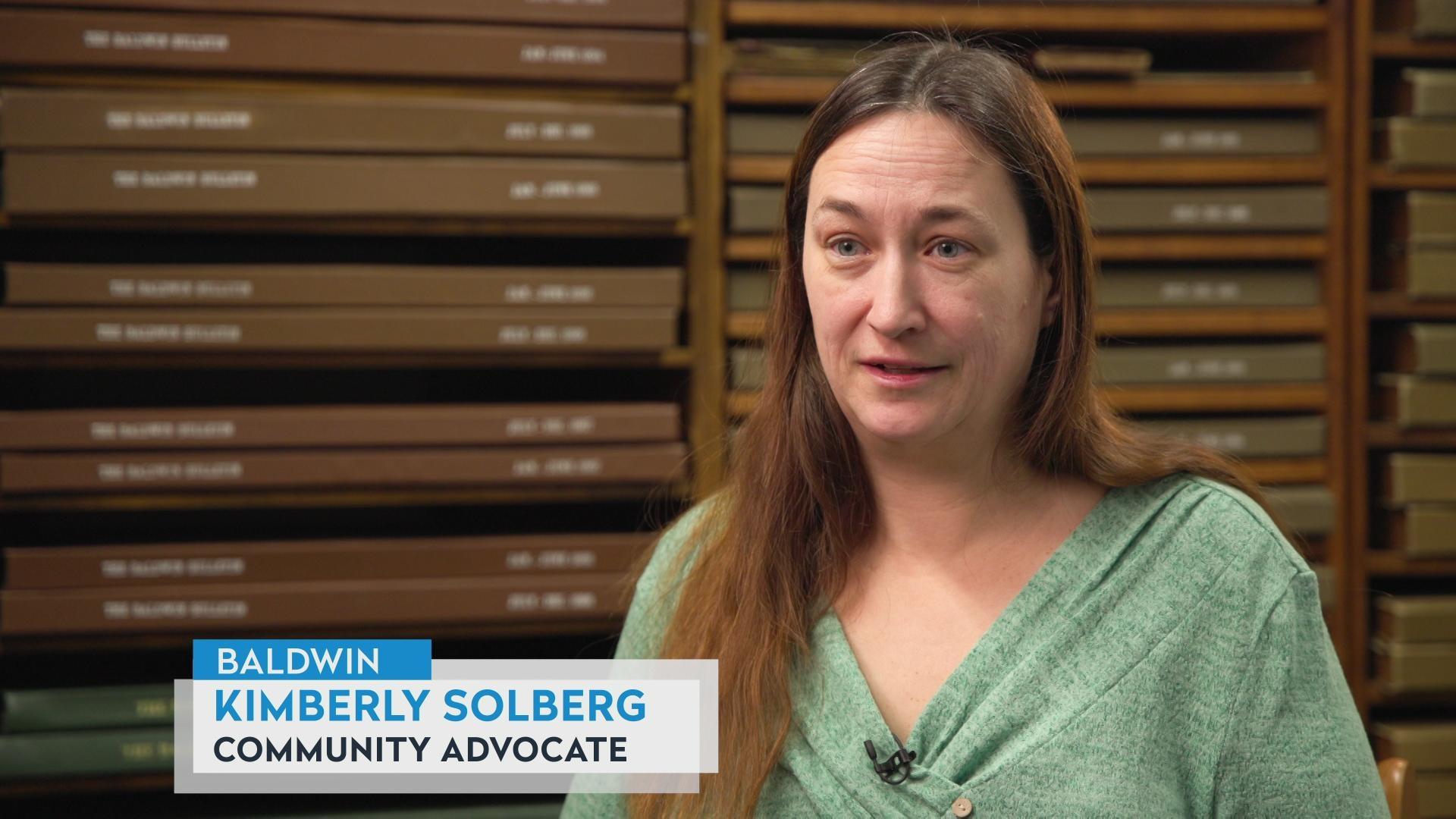
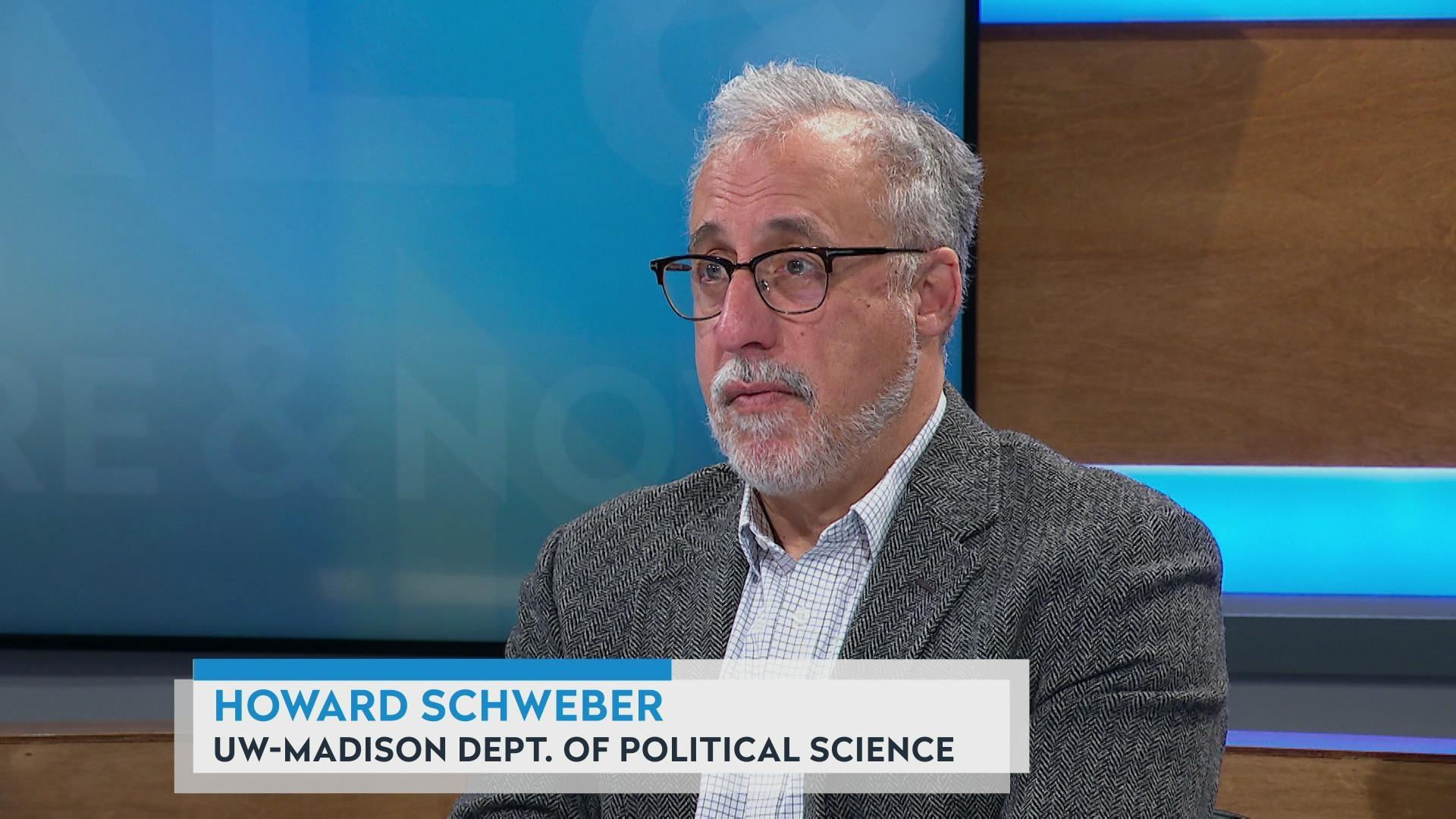
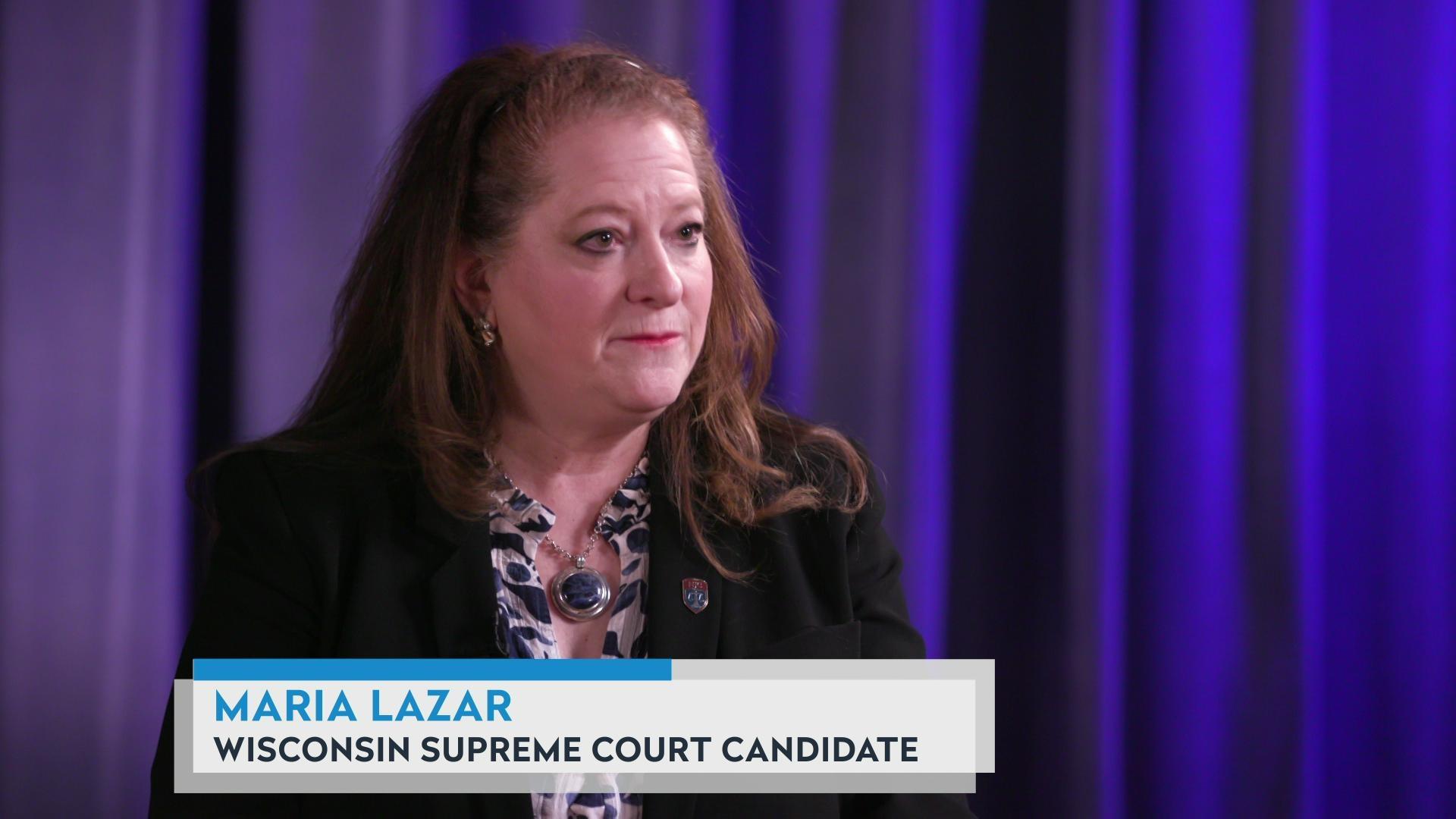
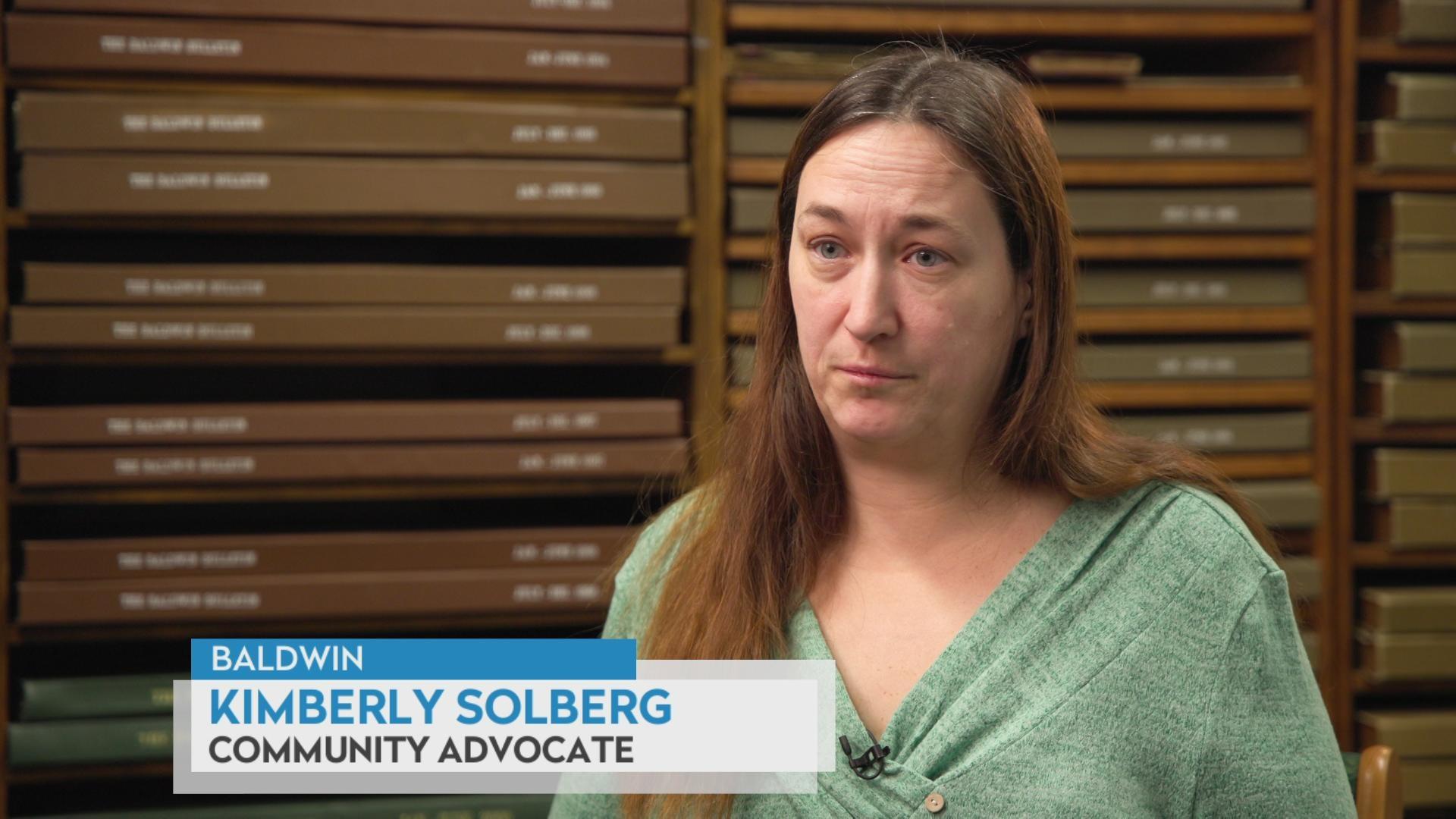
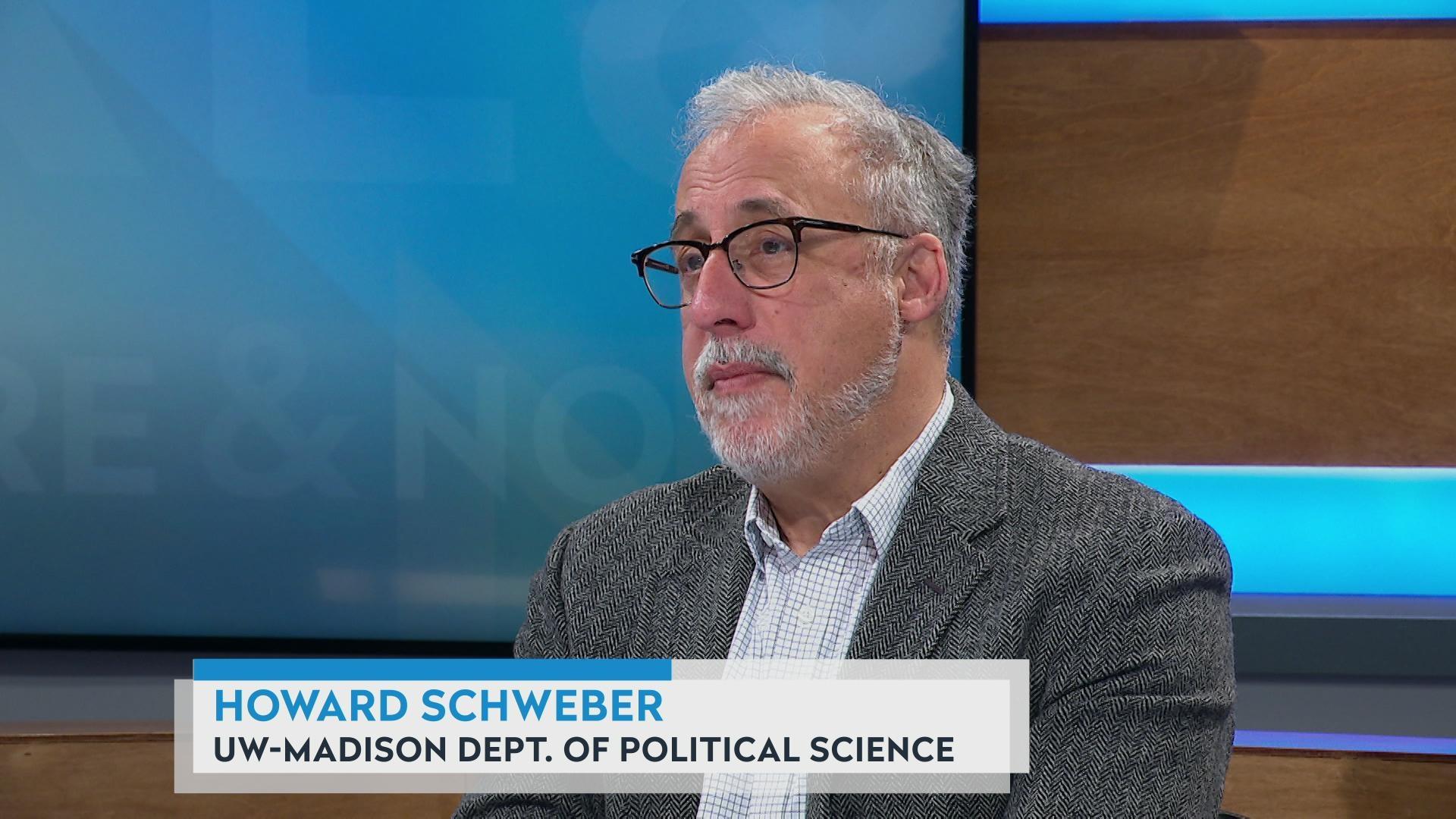

Follow Us